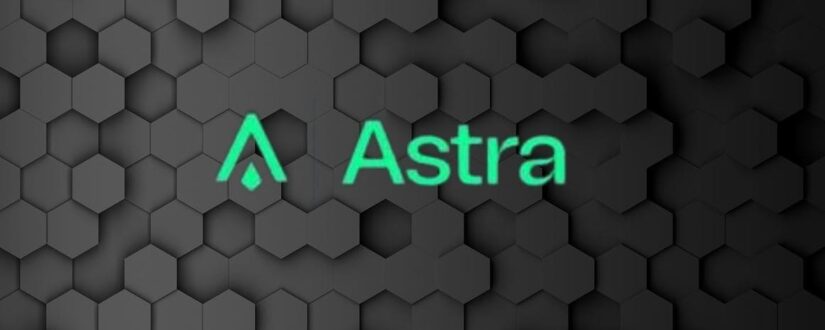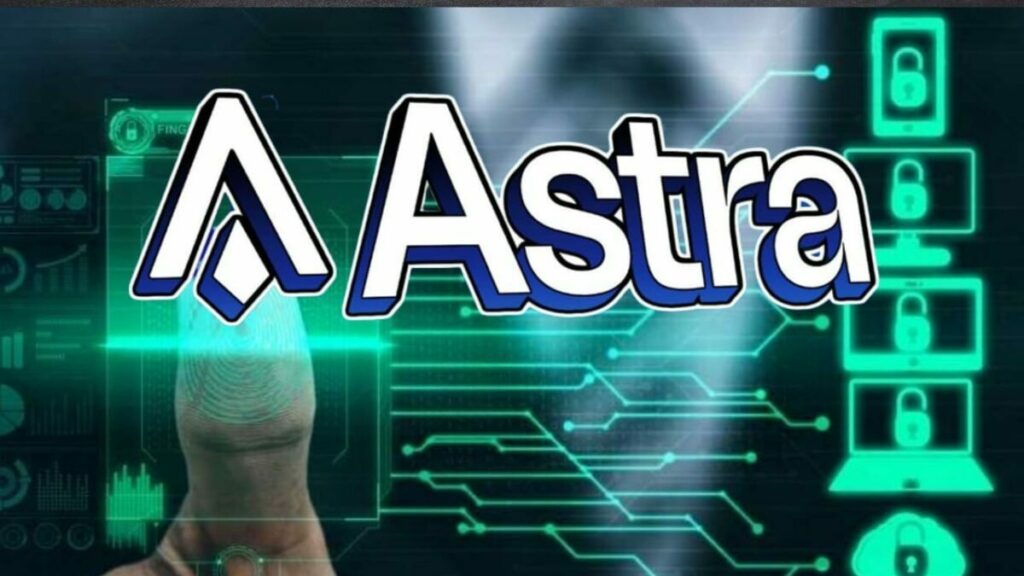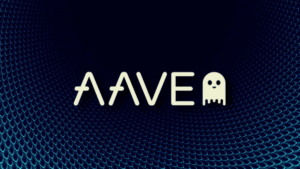Astra Protocol, one of the leading decentralized know-your-customer (KYC) platforms on Web3, is all geared up to combine its unique identity verification, “Astra ID” with its globally patented artificial intelligence (AI) system in an effort to strengthen security as well as promote new innovation.
Touted as the only globally patented decentralized KYC solution for Web3, Astra has been garnering stupendous steam in the recent past, simplifying the process of Web3 and decentralized finance (DeFi) protocols to meet KYC and anti-money laundering (AML) regulations without changing their underlying business models through its plug-and-play software.
Last month, Astra revealed its ambitious plan to help cryptocurrency exchanges and wallets in conforming to the European Union’s Fifth Anti-Money Laundering Directive (AMLD5). AMLD5 is the Fifth Anti-Money Laundering Directive which treats exchanges and wallet services like financial institutions. The new directive introduced several fundamental reforms that primarily impact the KYC processes and crypto services.
Astra Protocol Bets Big on Web3 Security
In the latest development, the protocol plans to integrate two of its highly acclaimed features to maintain regulatory compliance and ensure consumer protection. According to the official blogpost, Astra ID which represents the core of Astra’s vision for a secure Web3 ecosystem will be merged with the protocol’s globally patented AI system, which enhances its capability to detect discrepancies and potential threats.
🔒Securing the future of Web3 by merging #AstraID and our advanced AI screening!#Astra’s AI-powered system brings enhanced #Compliance solutions for the Web3 economy, bridging security and promoting innovation.
📌Read more:https://t.co/KhPgoY5UKG pic.twitter.com/dBdftxYdCk
— Astra Protocol (@AstraProtocol) August 7, 2023
This would ensure users have control over their personal data while adhering to regulatory guidelines, offering “the perfect blend of user privacy and regulatory compliance.” By combining global identity through Astra ID with the strength of advanced AI screening, the leading KYC platform aims to revolutionize the industry by integrating legal and compliance requirements into blockchain platforms. Asta wrote,
“This combination provides a vision of the future: a Web3 realm where data is both private and secure, with identity verification processes that are fast, reliable, and efficient.”
Astra Racks up Substantial Achievements

Since being founded in 2013, it has been making prolific strides in the world of crypto. Earlier this month, the protocol published a post, detailing some of the most significant development since the beginning of this year.
For instance, Astra was selected into Reef Labs’ $10M Accelerator Program out of 350+ contenders to bolster Web3 compliance. Furthermore, Astra’s contributions to regulatory compliance in emerging crypto economies like Uganda were noted, with a specific focus on fostering transparency and inhibiting illicit finance activities.
In January, the protocol managed to score a security analysis score of 10 out of 10 along with a score of 9.8 in the customer’s smart contract segment conducted by Hacken audit that evaluates vulnerability assessments of smart contracts deployed on the Ethereum (ETH) network and root out security flaws.
🗓️♾ #Astra July 2023 Recap!
Another month of new initiatives & releases in #Web3 compliance, spotlight on #AstraID, a glimpse into global #CryptoEconomies, and more partnerships to our ecosystem.
Catch up on all of July's key highlights here: https://t.co/0CAUrArgJQ pic.twitter.com/H8xU8JHbO4
— Astra Protocol (@AstraProtocol) August 4, 2023
The platform has also been tapping major legal and audit companies on-chain with its Decentralized Legal Network (DLN), such as KPMG. In addition, it also brings in financial regulatory standards for over 155 countries and over 300 sanctions.
In conclusion, it seems as the overall digital assets ecosystem continues to grapple with increasing regulatory scrutiny all across the world and seeks to revolutionize the industry by integrating legal and compliance requirements into blockchain platforms.










